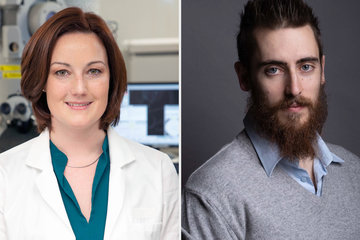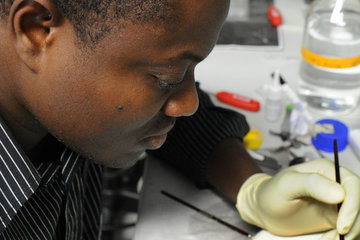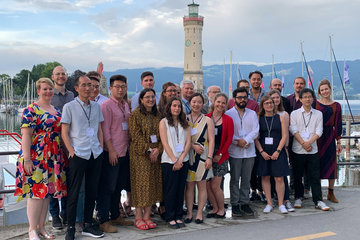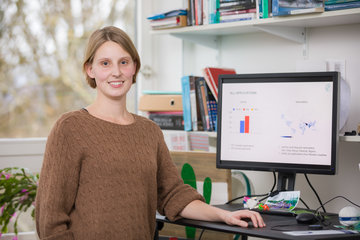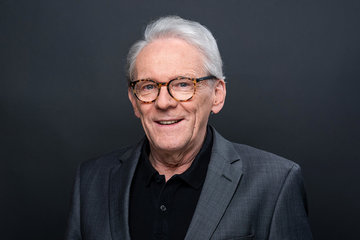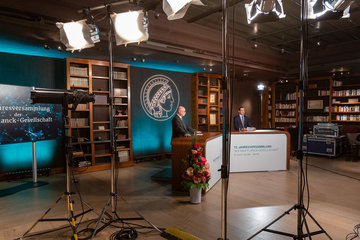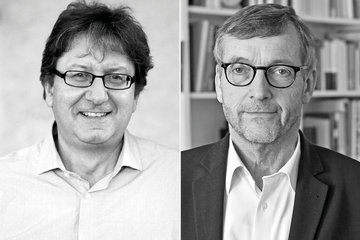
Max Planck Schools
Are your looking for an international PhD program within a unique network providing early access to cutting-edge interdisciplinary research and world-class supervision? And are you ready to start your career in academia learning and collaborating with leading researchers across Germany? The Max Planck Schools are best choice.
The Max Planck Schools are a joint graduate program of currently 24 universities and 34 institutes from non-university research organizations. Ambitious and promising PhD candidates engage in cutting-edge interdisciplinary research in the fields of Cognition, Matter to Life, and Photonics, while studying in the context of a unique scientific network, closely supervised by outstanding scientists. Both Bachelor and Master graduates can enter the program and benefit from early access to first-class research infrastructures and innovative teaching formats in a fully-funded PhD program.
The idea behind the Max Planck Schools is to pool Germany’s scientific excellence in growing research fields in order to attract and train the best PhD candidates in the world and to enable them to make lasting contributions to a future worth living in. Moreover, the Max Planck Schools want to develop the German science system further to allow it to meet future demands. Each School brings together up to 50 leading scientists from related fields to offer talented PhD candidates from all over the world a unique scientific environment in Germany and trains them for leading positions, particularly within academia but also in industry.
Key partners playing a prominent role in the pilot phase (2018 – 2025) are the Max Planck Society, Fraunhofer Society, DWI Aachen, Friedrich Alexander University Erlangen-Nuremberg, Friedrich Schiller University Jena, Georg August University Göttingen, Heinrich Heine University Düsseldorf, Humboldt University Berlin, Karlsruhe Institute of Technology, Technical University Munich, University of Heidelberg and University of Leipzig. The Federal Ministry of Education and Research (BMBF) is supporting the pilot phase with 48 million Euros.
Applications must be submitted to the respective Max Planck School via an online portal on the basis of the specific requirements of each School. The application period starts in fall on a yearly basis; the selection procedure involves several stages.
The Max Planck Schools outline their exact requirements and further details on their websites:
Max Planck School of Cognition






